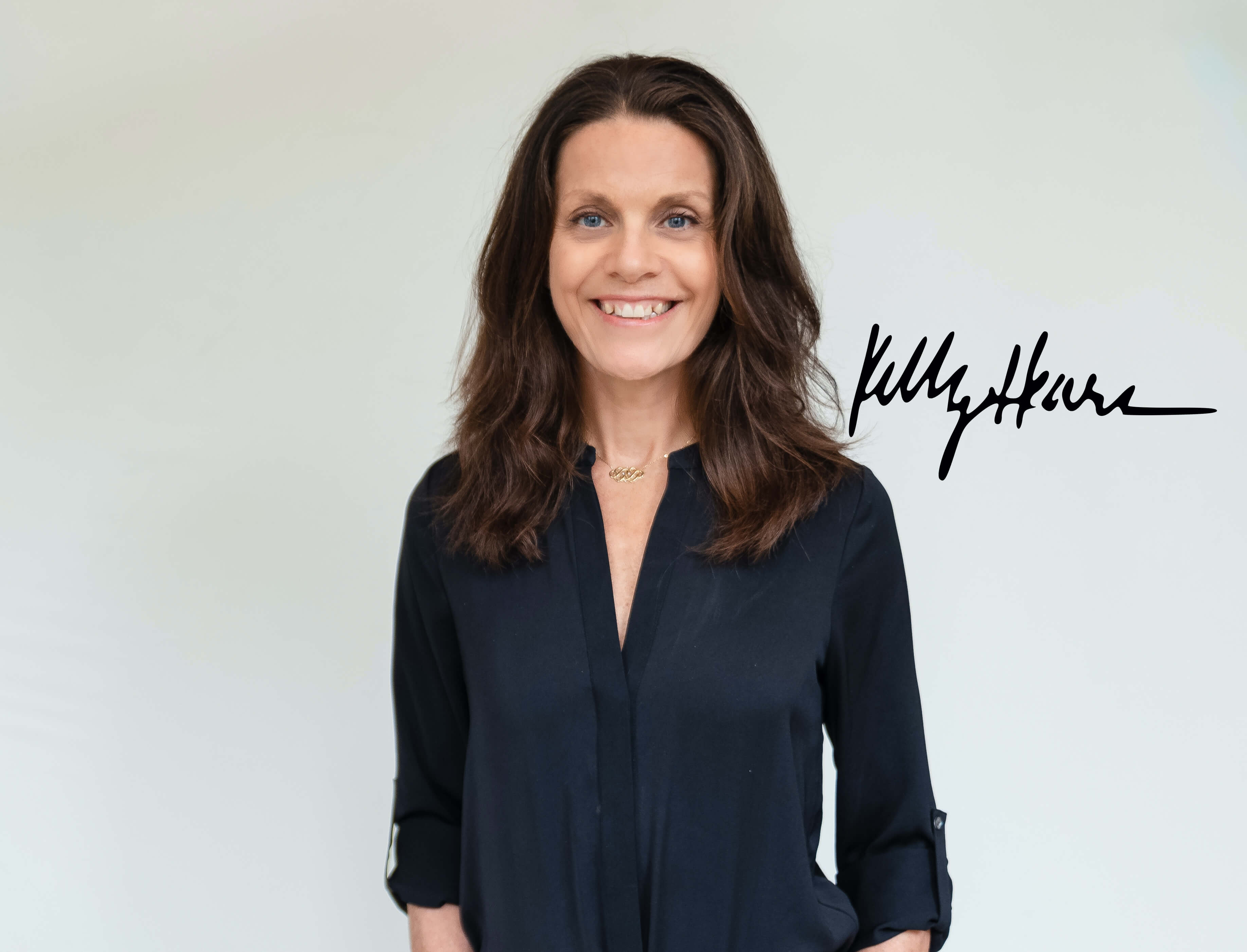Dear Therapist,
It's that time of year again - the holidays are almost here and while I want to look forward to a family celebration, going home always has me feeling like a petulant teenager again.
My body recoils at the thought of my mother's inevitable questioning of my life decisions down to everything I eat, or don't and my father's desire to engage in political 'discussions' read: debates . And of course I have the stereotypical crazy uncle that just pushes all my buttons.
I love them and appreciate all they've done for me, but I don't feel like they allow me the space to be an adult who shares much in common with them, but where there is considerable difference as well. Am I allowed to be a thirty-something adult in my family home? If so, how?
Signed,
Thirteen again
Dear THIRTY-something,
Let's start with stating the obvious: It is 2022 and you are no longer thirteen years old. Please keep this important truth front of mind as we enter the time warp that 'home for the holidays' can elicit, a bizarro world in which we regress to family dynamics from our childhood. The more we can consciously recall 'that was then, this was now,' we can remain clear that we have more choices and agency as fully launched adults than we ever did when we were children and therefore emotionally, physically and financially dependent on the adults.
Next, I'd invite you to get really intentional about what you want for this visit with your family. Setting intentions that will allow you to enjoy the company of the adults you love even if you find sharing space with them difficult. Is it a matter of staying grounded in your adult self, choices and values? Is it creating connection with your parents and extended family for the time you spend at the same table, under the same roof? Is it celebrating commonality rather than difference? Get really clear with yourself what is important to you for this visit, and write it down. Maybe keep a post-it note in your pocket or a note on your phone for repeated reference.
It is also sometimes useful to have a 'catch phrase' rooted in your intentions ready to vocalise if you sense an interaction is veering too far off-piste. For example, if Dad tests the waters with a controversial topic he wants to open up, you can politely state your desire to side-step heated political discussion this Christmas as you get quite enough of that every other day of the year and would love to focus on xyz fill in the blanks over the festive period. Note the statement is one about your wishes and preferences, and is you taking care of yourself. When we speak from this perspective, it is harder for others to take issue with it!
Beyond focusing your energy and attention on what could go wrong areas of difference and potential conflict , I suggest you refocus that lens on common areas of interest. Where, or how, it's easiest for you to come together as a family: card games, a TV series, baking, walking, driving...what are the conditions, activities and topics of conversation in which you have the best chance to see eye-to-eye? Can you schedule some of these in? I find that when we strive to find common ground and connection this allows us to tolerate difference with a bit more ease. It gets us out of 'Us vs Them' thinking when we recognise just how much we share.
Equally important, make sure you have enough time and space to yourself to regroup in a way you find supportive and nourishing. Maybe you take a solo afternoon walk with the always-friendly family dog. Or you sit with your journal at the end of the day pausing to reflect on what has gone well, and giving yourself compassion for what has been tough. What you do with the time and space is up to you, but I do find we have more energy to stay present and connected with others when we have 'breaks' from the challenging dynamics that heighten our emotional state.
Finally, I'd encourage us all to remain realistic. Not every minute of every holiday need look or feel like a Sainsbury's commercial. Family dynamics are tricky. There is a reason Hollywood has made so many dark comedies about families over the holidays! Perhaps watch one of these to remind yourself you aren't alone. The goal isn't to totally eradicate all discomfort, but rather to build our ability to sit with it without getting overly reactive. Perhaps add this to your list of intentions? In this way, challenging encounters with family over the holidays give us good practise at developing the crucial - and very adult - life skill of navigating discomfort skillfully. Thanks to all the crazy Uncle Larrys out there for giving us this opportunity?
Warmly,

Do you have a question for Dear Therapist? Send it to [email protected] with Dear Therapist in the subject line and Charlotte Fox Weber or Kelly Hearn will get back to you.

